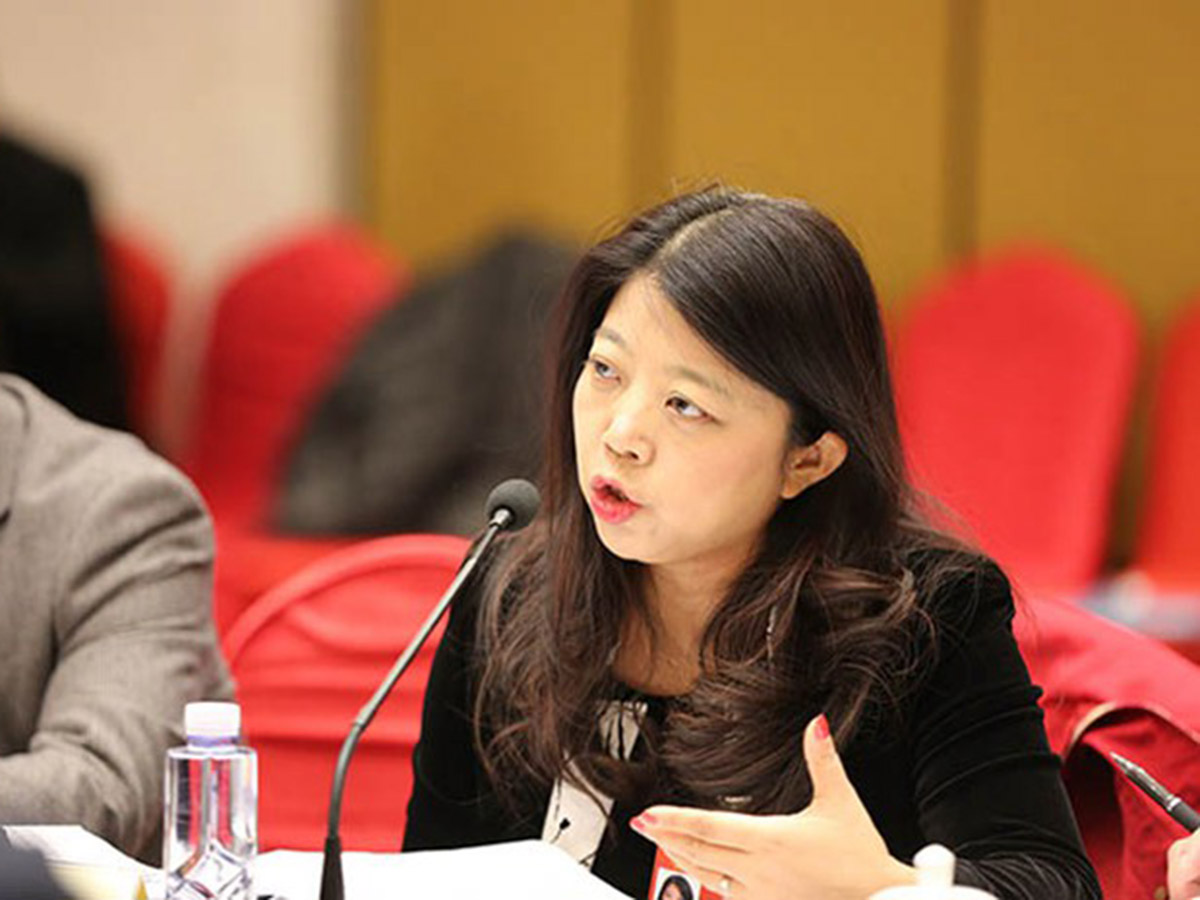A Meaningful Law

The Foreign Investment Law is set to be introduced at a critical time. It will function as a fundamental law in the country’s foreign investment sector and an essential part of China’s new round of reform and opening up, according to Jiang Ying, a member of the Chinese People's Political Consultative Conference National Committee and also the Vice Chief Executive Officer of Deloitte, a global accounting organization.
“The Foreign Investment Law covers the promotion, protection, administration and legal responsibilities of foreign investment,” Jiang said to Beijing Review on March 9. “It will enhance foreign investors’ confidence to boost their investment in China.”
China has previously issued three laws for Chinese-foreign joint ventures and wholly foreign-owned companies in 1970s and 1980s. These were the Law on Chinese-Foreign Equity Joint Ventures, Law on Non-Equity Joint Ventures (or Contractual Joint Ventures) and Law on Wholly Foreign-Owned Enterprises. But as China continued to develop, these laws proved ineffective with the changed times.
The research and revision work started in 2011, followed by the first inspection and comments by the public in 2015. In December 2018, the draft Foreign Investment Law was reviewed. On the same day, the draft was available for public inspection and people were encouraged to leave comments before February 24.
Compared with existing laws, the Foreign Investment Law is much more detailed and broader, and offers far more advantages. For example, it pays more attention to the admission principles of foreign investment and protection as well as the management of related enterprises.
However, some issues remain unsettled from the perspective of the legislature, Jiang said. Firstly, how to achieve a smooth transition from the existing laws should be carefully handled. Secondly, rules related to the free remittance of foreign investors’ profits and other legal income should be detailed and expounded. Thirdly, the foreign investment information reporting system and security review system require more detailed regulation.
Last but not least, preferential policies for foreign investors may give them super-national treatment in specific areas. Correspondingly, investment services for domestic enterprises should also be promoted to ensure a fair market atmosphere. Jiang added that without these measures, there is the possibility of unfair competition between domestic and foreign capital.
The draft was submitted to the Second Session of the 13th National People's Congress on March 8 and will be deliberated on March 15.
Source: Beijing Review